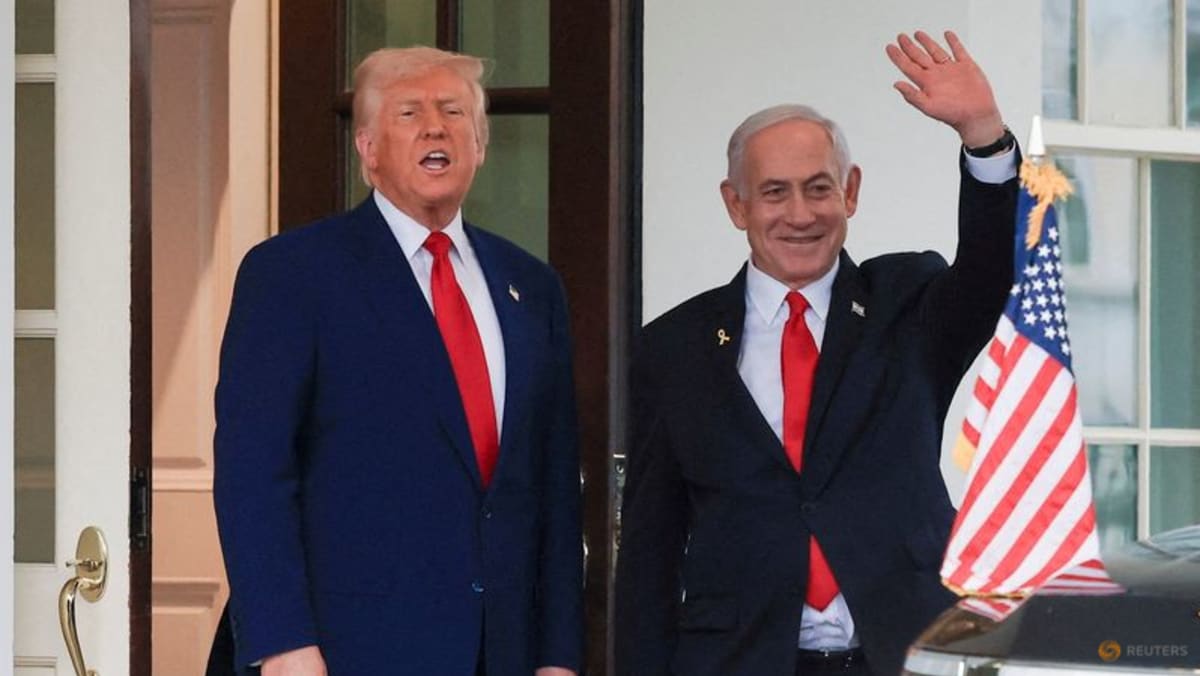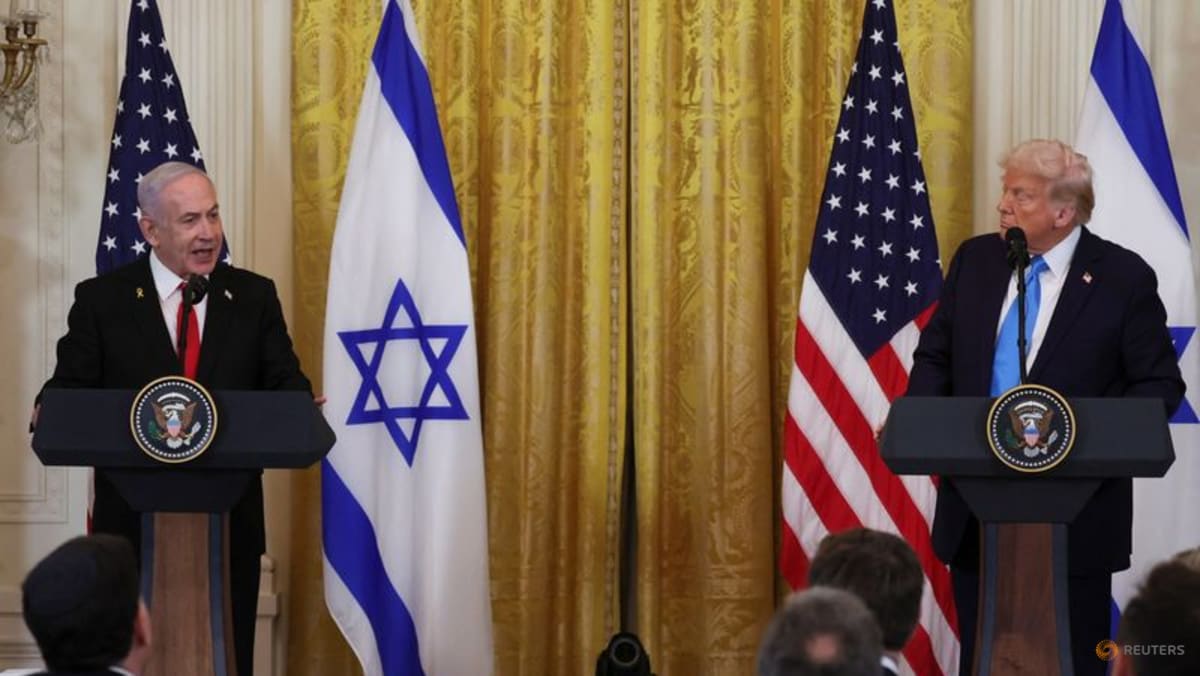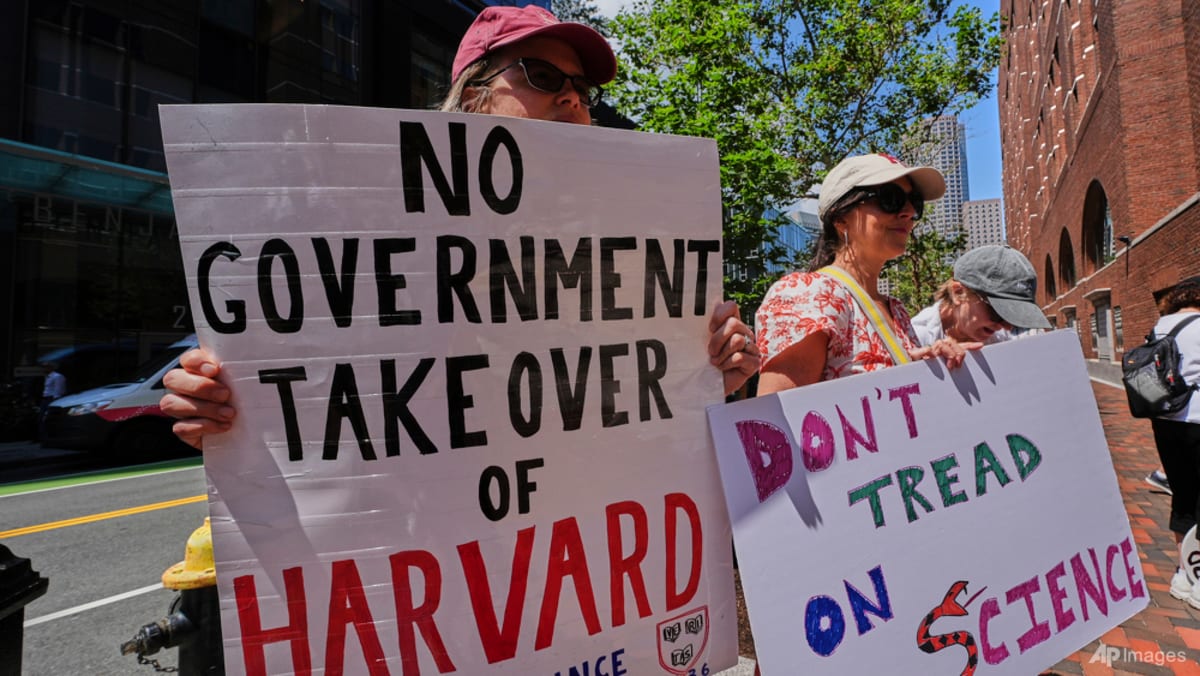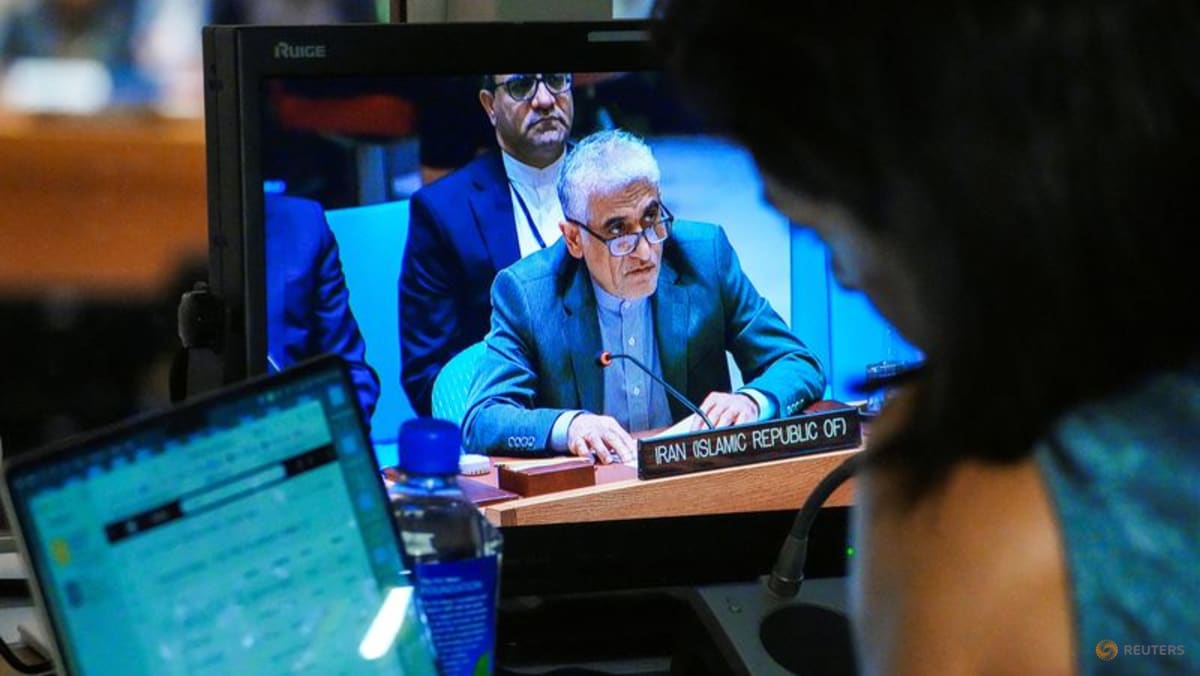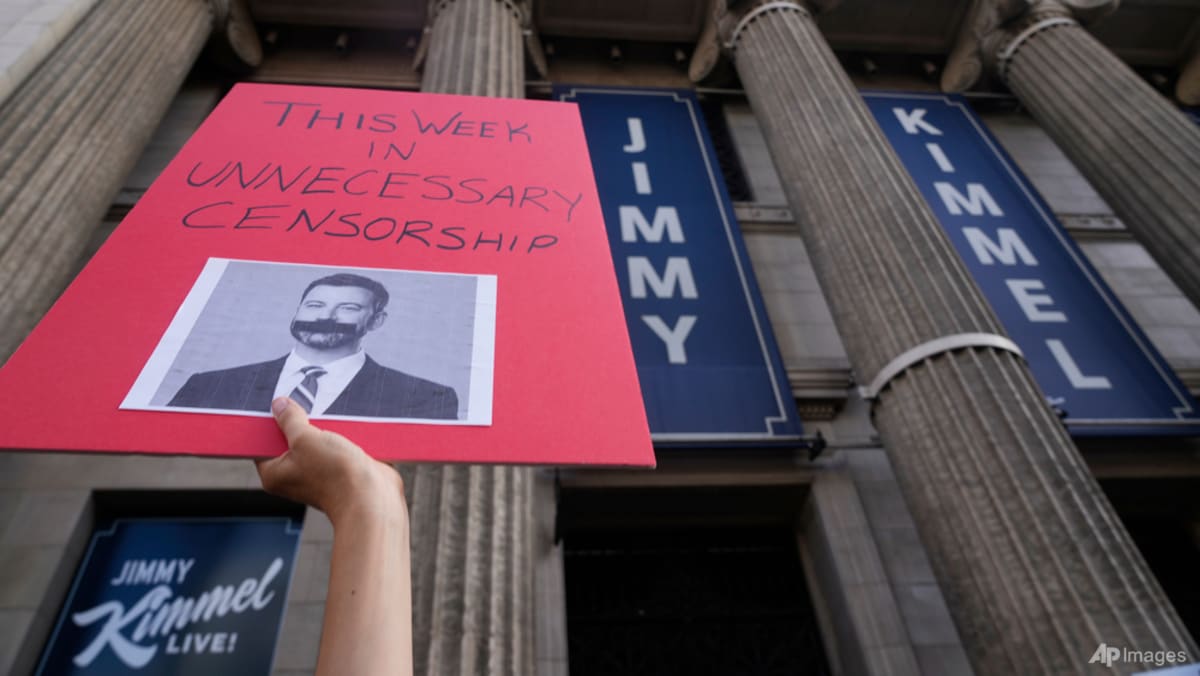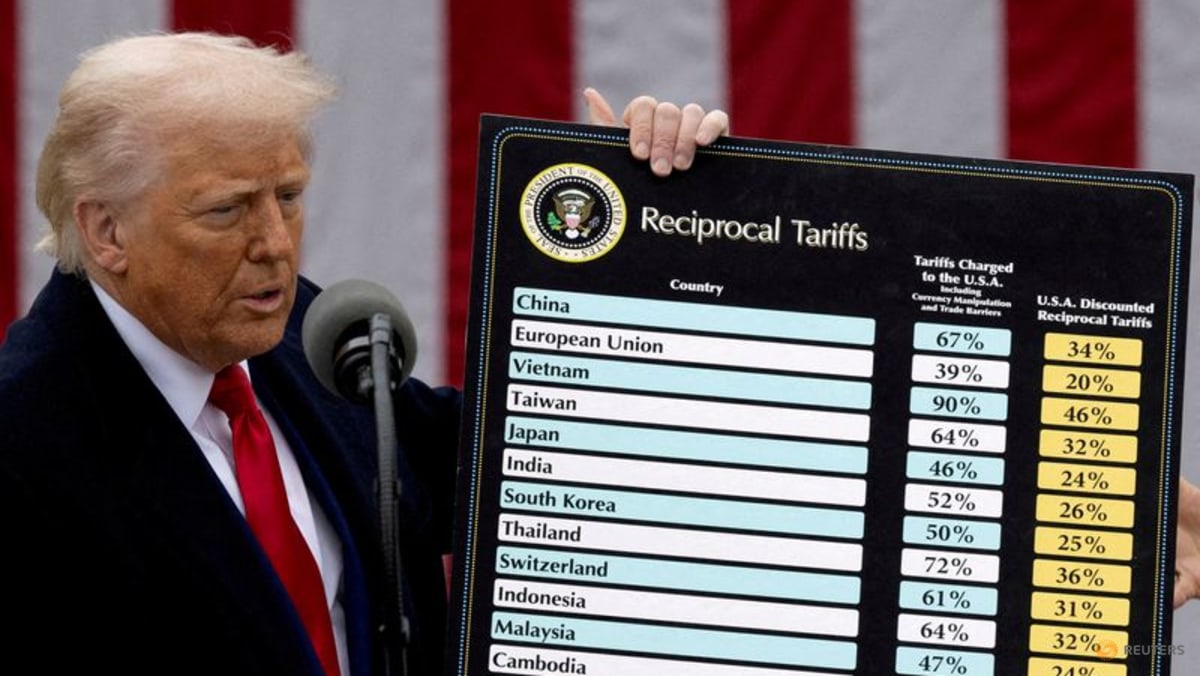But the far-right coalition he built is wobbling. Already, two ultra-Orthodox parties have quit his government over disagreements surrounding military draft exemptions.
One of the two parties, Shas, urged Mr Netanyahu to do “everything in his power” to reach a deal with Hamas – a statement which runs in stark opposition to the far-right’s desire for Israel to press on with the war, and one which exposes the limits of his high-wire juggling act.
Mr Netanyahu’s need for the right-wing elements in government to prop him up means that he will have to indulge in some of their ideas, however audacious they may be. One of the latest proposals includes the resurrection of the plan to relocate Gazans, but this time through a transfer of 600,000 Palestinians into a “humanitarian city” built on the ruins of Rafah, south of the enclave.
Much to his displeasure, however, the Israel Defense Forces (IDF) have warned that his plans risk budget overload, and the derailing of ceasefire and hostage release negotiations.
On the international front, meanwhile, Israel’s image has taken a battering. In late May, German Chancellor Friedrich Merz said in a televised interview that Israeli actions in Gaza “can no longer be justified by a fight against terrorism”. These remarks come from a country with a longstanding political commitment towards Israel following World War II and the Holocaust. On Monday (Jul 21), 28 countries, including Britain, France, and Australia, signed a statement warning that the “suffering of civilians in Gaza has reached new depths”.
With Washington in his corner, however, Mr Netanyahu continues to thumb his nose at the international community.





